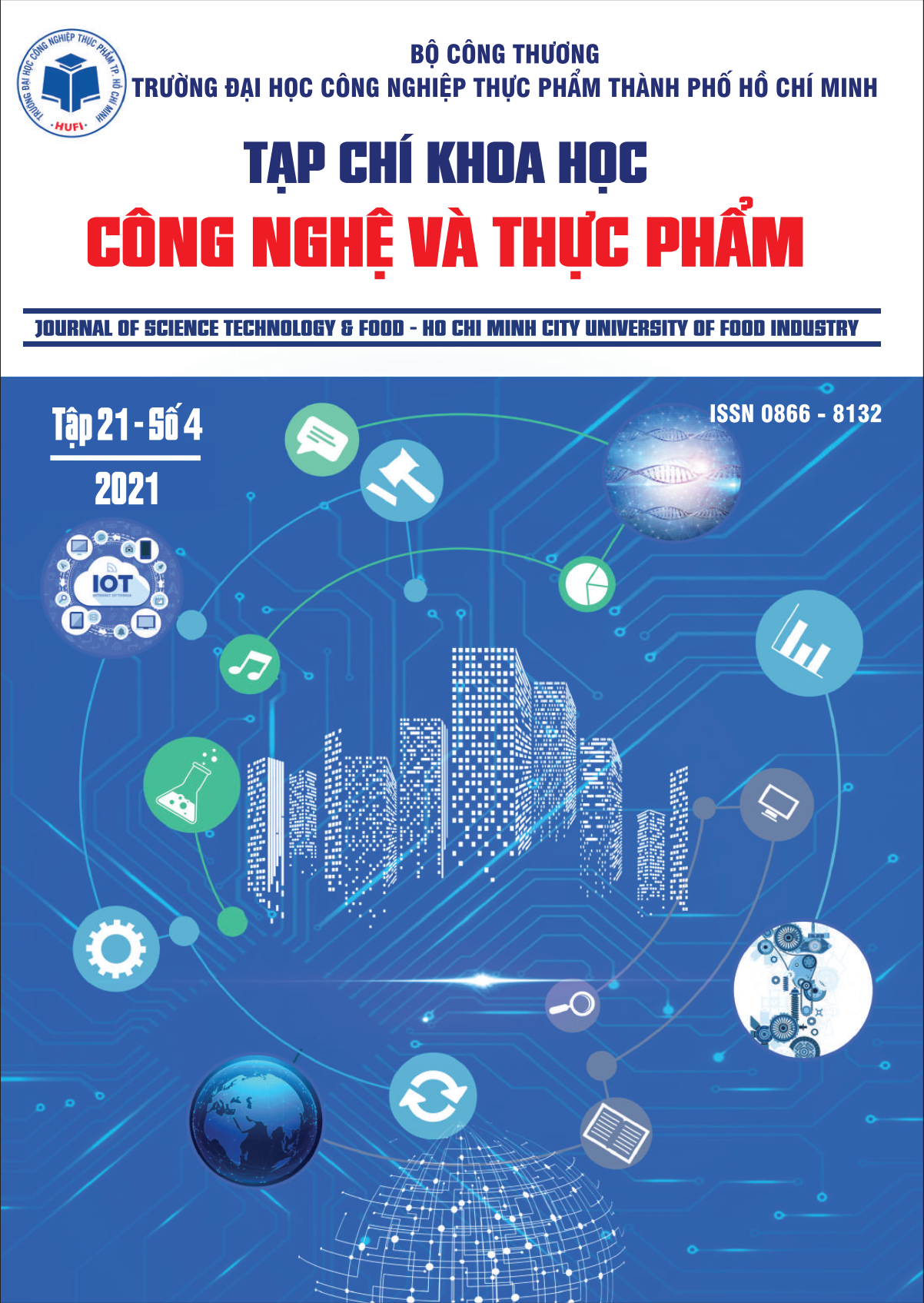DEVELOPING THE BIO-GROUT OF REPAIRING CRACKS IN CONCRETE BASED ON MICROBIALLY INDUCED CALCIUM CARBONATE PRECIPITATION USING Sporosarcina pasteurii
Tóm tắt
Recently, there is more research on applying microbiologically induced calcium carbonate precipitation (MICP) to repair the concrete cracks instead of synthetic polymers, which may be harmful to the environment. Ureolytic bacteria, such as Sporosarcina pasteurii, have been known to release urease, leading to calcium carbonate precipitation in a calciumrich environment. Based on this mechanism, the different ratios of building materials and S. pasteurii biomass were investigated to obtain the optimized grout to solve the cement cracking problem. Firstly, calcium precipitation condition was optimized at the initial pH of 6 and the concentration of CaCl2 as 250 mM. The optimum bio-grout mixture was obtained with 0.1 mm sand mixed with biomass in ratio of 1:1 with the bacterial density of around 108 CFU/mL. The visual observation and water permeability tests showed that bacterial mortar could repair the cracks and prevent the invasion of liquids and gases compared with the negative control. Besides, SEM and XRD analytical results indicated that the different carbonate polymorphs were formed inside the cracks. Additionally, the plate count method revealed that there were vegetative S. pasteurii cells in cracks even after 28 days, which means the bacterial mortar may have a long-lasting effect on the cement.

